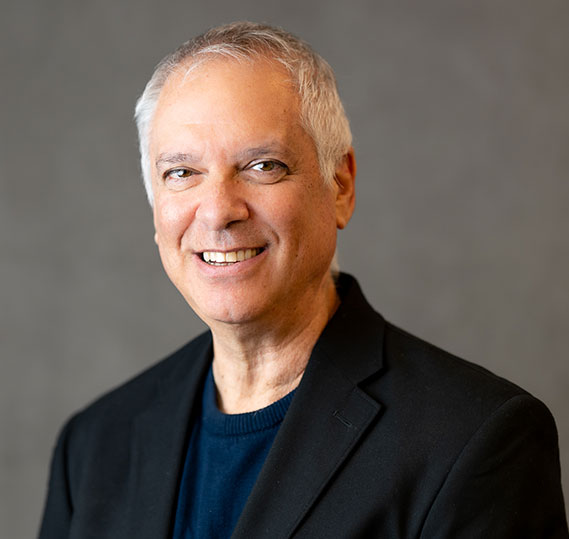With the increasing rate of unemployment and the rising number of families joining the circle of poverty, it is impossible to not feel frustration toward the government who is seemingly not doing enough to provide food aid for people in need. But whose responsibility is it to take care of these people? One could argue that this direct support creates dependency and as a government, is it in the best interest of the country to be saddled with the financial burden with no end in sight?
In recent days, Leket Israel has been facing a similar dilemma. Since its inception, Leket Israel has been a food rescue organization. The win-win solution of ensuring that no food goes to waste while at the same time, providing food to Leket’s nonprofit partner agencies is what sets Leket apart from all other food aid organizations. In March, when the cooked food resources dried up overnight, Leket in a departure from the past 17 years, began to purchase meals. Leket understood that no matter what challenges lay ahead, continuing to provide people with cooked food was paramount.
In the beginning of 2021, Leket budgeted $1.4 million for meal purchase. With the vaccine being rolled out and the future looking brighter, this seemed like a realistic number for what would still be needed. However, almost immediately following the start of the New Year, Israel went into its third lockdown and after almost thirty days, the majority of the annual meal purchase budget has already been exhausted. Despite this, requests from the nonprofits continued, including new partners from 2020. With 4,500 people expecting to receive hot meals, a decision needed to be made. The budget is limited – who should Leket continue to support with purchased meals and what made those people more deserving than others?
A conversation with a donor and friend of Leket put the decision into perspective. He said “Leket cannot replace the government, nor is it their responsibility to do so.” In a sense, by trying to make this decision, the Leket management was trying to play government or God, making a decision based on who is more worthy, and in essence deciding who eats or who goes hungry. This became a moral decision, and not an easy one. Should Leket reduce the number of meals it provides which meant everyone would continue to receive but significantly decrease the meals each person got? If that was the case, would Leket be fulfilling its duty to its recipients? Another suggestion was to increase the budget and risk Leket’s sustainability long-term. In this scenario, Leket would have to heavily depend on the generosity of its donors, many of whom themselves have been severely impacted by the financial crisis. Should Leket move meals from one city (person) to another city (person)? What was the winning solution that would keep people fed while also allowing Leket to continue to function in its daily routine?
After much careful consideration, the decision was made to purchase meals only for the elderly. In the end, they are the most vulnerable link in the social chain and require the most support. This enabled Leket to cut down meal purchase to about 800 meals a day and can now maintain this level of service until Passover and possibly a bit longer, with the hope that the country will begin to open up and that the availability of food rescue will build up again.
What about the other 3,700 people? Leket is doing its best to help them connect to other food pantries who will be able to assist them. It will be up to them to help themselves and find meals. Some will succeed and some will not. Leket will continue to provide for as many people as possible on a very tight budget. It is an unfortunate result of working with vulnerable populations that decisions like this need to be made. But what good will Leket be to anyone if it spreads itself too thin and depletes all of its resources?

